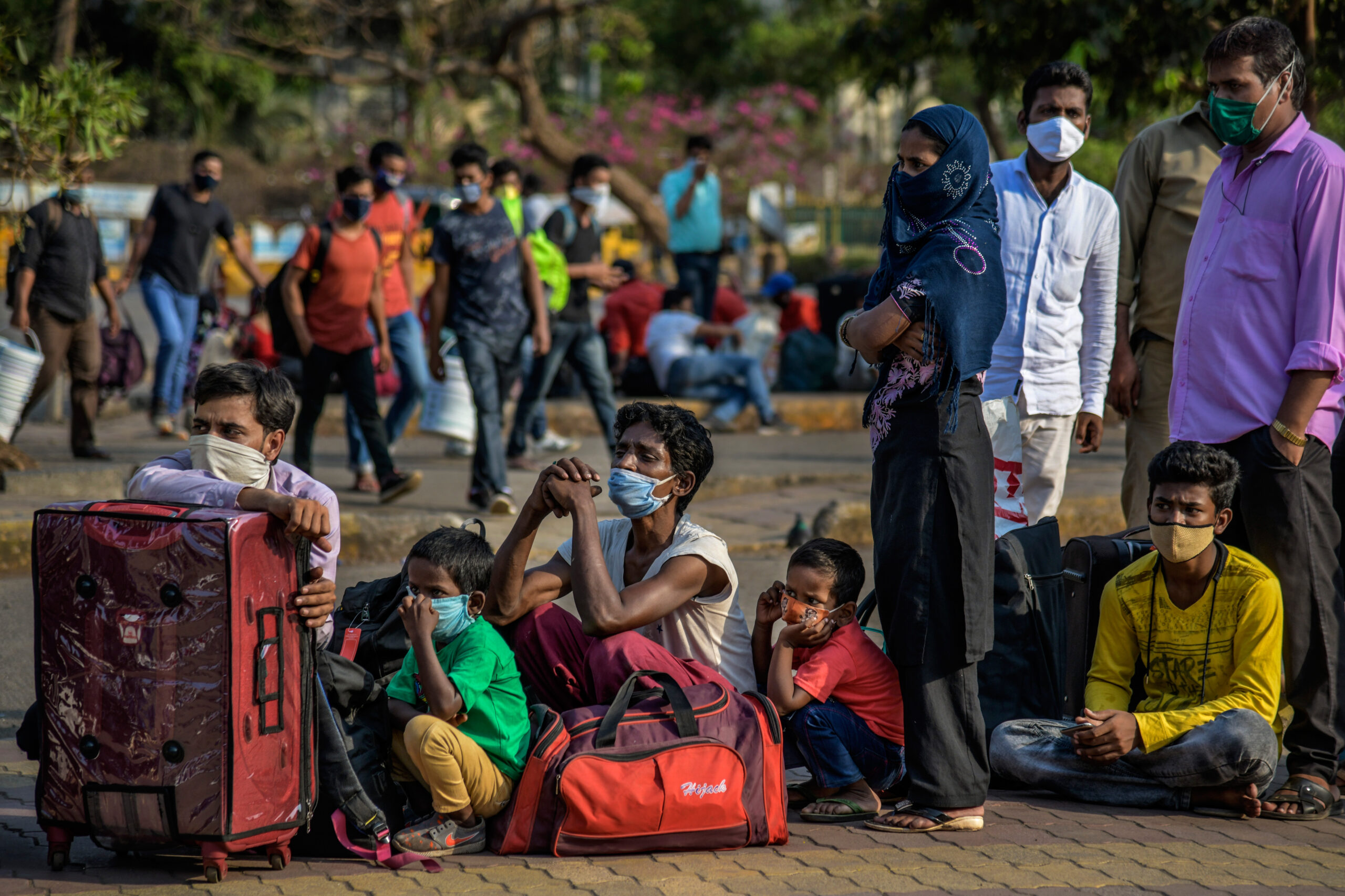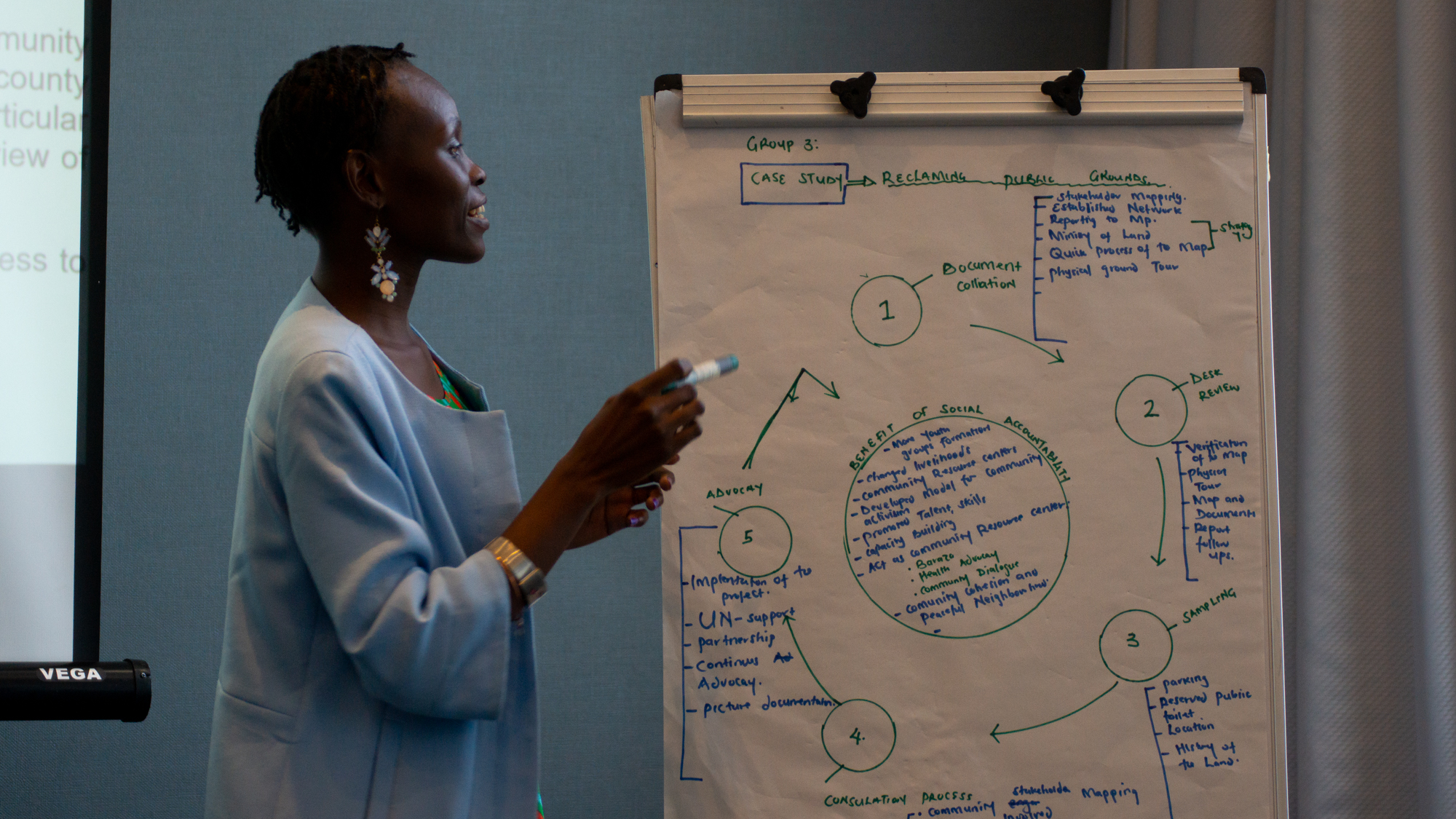With the COVID-19 pandemic, we have been confronted to an unknown scenario for which we neither have the scientific answers, nor the health policies, technology or infrastructure. Faced with this situation, most governments have reacted in an improvised and reactive manner, albeit with great differences among them.
Reality has shown us that this pandemic is a challenge to which we cannot provide unilateral responses based on the partial views of a particular government or community. It is a global challenge with profound impacts on a multiplicity of dimensions of society and which requires a solution that we do not have at our disposal. This is why we need policy practices that promote collective intelligence-oriented collaboration as a way of seeking solutions to public challenges. The premise of collective intelligence is precisely that no one knows everything, but everyone knows something, so knowledge is within humanity. Translating these principles into the way decisions are made in a society is a significant challenge and one that requires collaborative mechanisms among all the actors involved. Specifically, it requires collaborative governance.
What is collaborative governance?
Governance is a commitment to a range of activities, including policy design, coordination and implementation, carried out by government institutions and others. Collaborative governance involves different types of stakeholders, from people working for public agencies, to others working at different levels of government and/or in the public, private and civic spheres. This type of collaboration, in its broadest form, makes the realisation of a public purpose that could not otherwise be achieved possible. Collaborative governance goes beyond institutional boundaries and recognises the added value that non-governmental actors bring to policy making, thus privileging multi-stakeholder deliberation and consensus building in an effort to design better and more effective policies.
Why collaborative governance?
At Colabora.Lat, we understand that the way in which decisions are made to address COVID-19 has a direct effect on the effectiveness of a policy, its support from the target population and the feasibility of its implementation.
A collaborative governance approach is well suited to deal with the kind of complexity that COVID-19 represents. The nature of collaborative governance, involving multiple types of stakeholders with different resources and comparative advantages, gives it the unique ability to devise solutions to complex problems by taking into account the differential resource base of each actor to design more effective and feasible policy responses. At the same time, we also understand that it can generate policies that are more broadly supported by beneficiaries. This is because, in theory, collaborative governance involves the beneficiary groups of a particular policy. Collaborative governance allows vulnerable populations to be at the policy-making table. Given that possibility, we infer that collaborative governance will generate policies that are more feasible to implement, more effective in terms of their impact and more legitimate in nature.
Social engagement, citizen agency, and governance
In the Social Engagement, Citizen Agency, and Governance: Toward a New Democratic Consensus in Post-Pandemic Latin America project we are investigating how these models of collaboration play out in Argentina, Bolivia, Chile, Colombia, Guatemala and Mexico. In this framework, we are exploring the path that will allow us to respond to this pandemic and other similar challenges and, ultimately, help us to design a roadmap for a new model of governance in Latin American democracies.
We’ll be sharing progress at the upcoming Colabora.Lat 2021 Global Forum, which will be held online from 28 June to 2 July. We look forward to meeting you all then!


